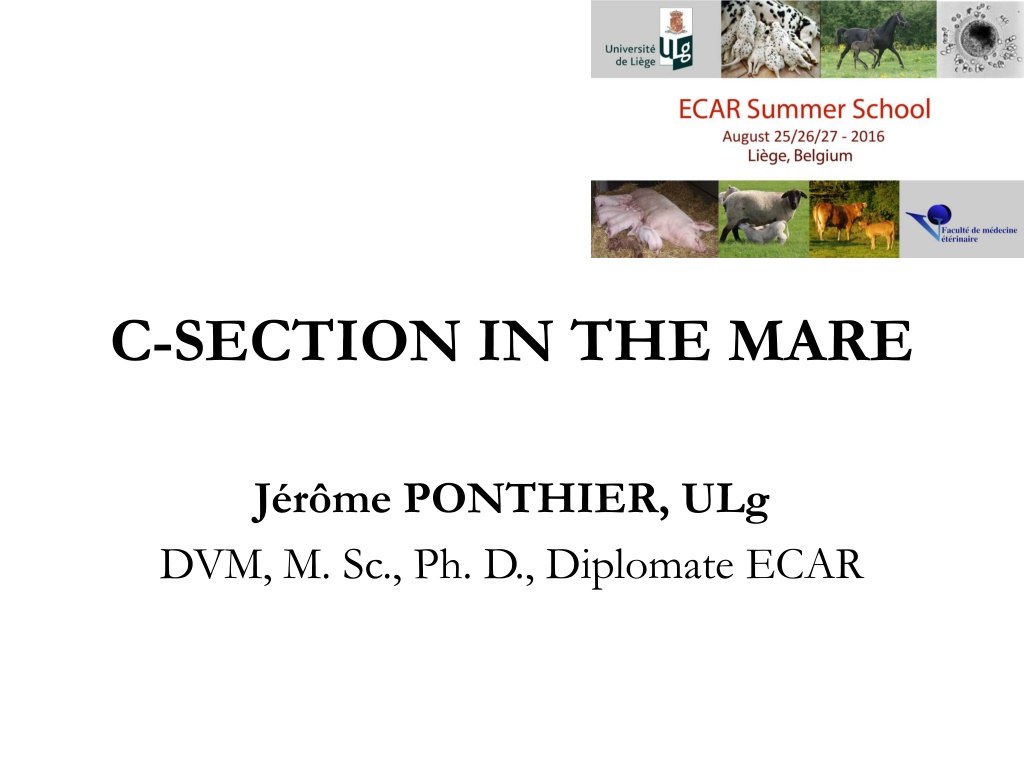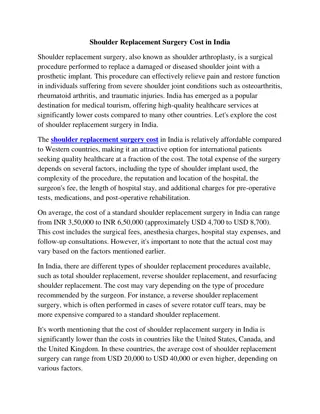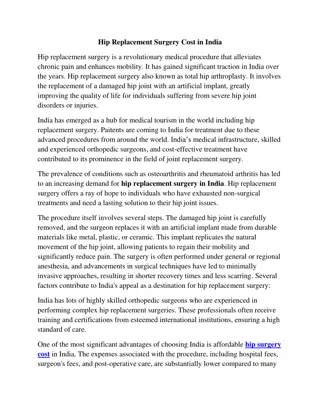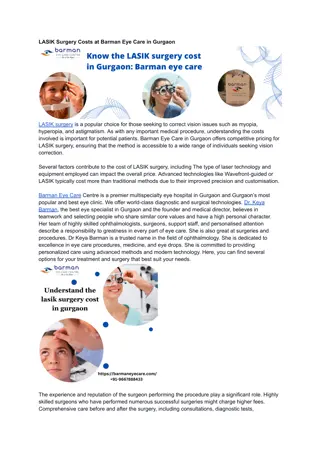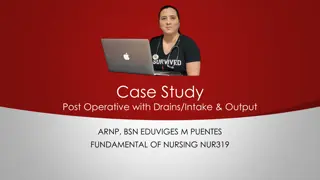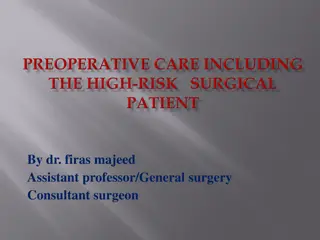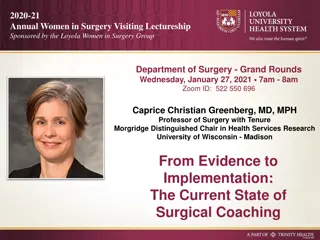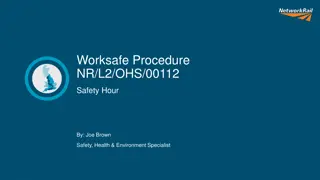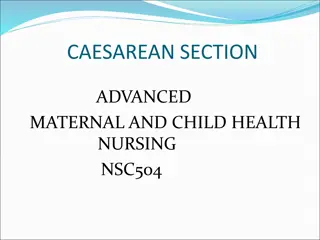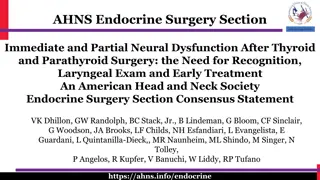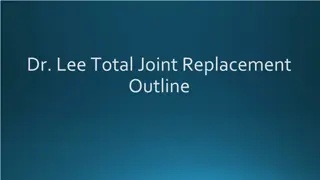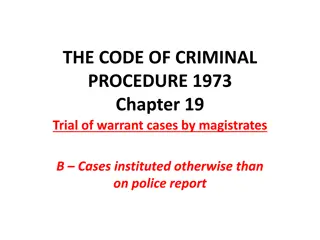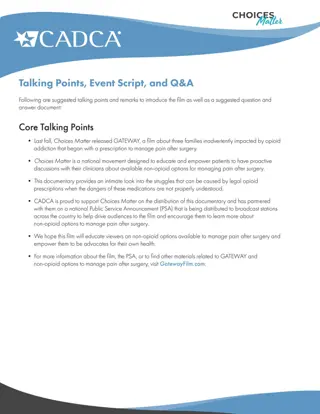Understanding C-Section in Mares: Procedure, Post-Surgery Care, and Prognosis
Learn about the C-section procedure in mares, including surgery techniques, post-surgery care for both mare and foal, and different scenarios that may require a C-section. Explore the differences between mare and bovine procedures, forecasted C-section situations, and factors influencing prognosis.
Download Presentation

Please find below an Image/Link to download the presentation.
The content on the website is provided AS IS for your information and personal use only. It may not be sold, licensed, or shared on other websites without obtaining consent from the author. Download presentation by click this link. If you encounter any issues during the download, it is possible that the publisher has removed the file from their server.
E N D
Presentation Transcript
C-SECTION IN THE MARE J r me PONTHIER, ULg DVM, M. Sc., Ph. D., Diplomate ECAR
Plan 1. Procedure A. Surgery B. Post-surgery care a) Mare b) Foal 2. Results and prognosis A. Emergency C-section B. Elective C-section
1. Procedure A. Surgery Standing Recumbent Flank Paramedian abdominal line Median line
1. Procedure A. Surgery Main difference when compared to our Bovine bro s: Placenta: epithelial, diffuse, mycrocotyledons, Incision line On the hindlimb: between fetlock and hock No need to avoid cotyledons Suture: Placenta separation from uterus on 2cm Haemostatic suture (controversies) 2 impermeable and invaginante suture (Cushing > Lambert) No abdominal contamination with uterine fluids
1. Procedure B. Post-surgery care a) Mare Placental retention > Metritis > Laminitis!!!!! Evidence of decreased risk with fractionated heparins General broad spectrum antibiotics Wound management
1. Procedure B. Post-surgery care b) Foal EXIT during procedures? Palmer et al See neonatology procedures Pre/dys maturity Hypoxemia syndrom
2. Results & prognosis Forecasted C-section: Surgery is planned when Milk electrolyte attest maturity Rapid C-section: Foaling has began and as the foal is not seen C-section is immediately decided Second intention C-section: Foaling has began Obstetrical manipulations have been tried (<20-30 minutes) Foetus is alive and owners wants to save it Second intention C-section: Foaling has began, Obstetrical manipulations have been tried (<20-30 minutes) Foetus is not alive Owners don t want to take risk for the mare/have no money Other obstetrical manipulations have been done at the clinic Last Chance C-section: long and hard obstetrical manipulations didn t succeeded
2. Results & prognosis B. Elective C-section Indications: 1) Maternal abnormalities, pathologies (e.g.: uterine torsions diagnosed at term) 99) Foetal pathologies Why not Parturition induction? When: Foetal maturity assessment : Ca, Na, K in Milk
2. Results & prognosis B. Elective C-section Results: Mare survival = 100% Foal survival : After surgery = 100% At discharge >85% Prognosis: Owner bank account survival = 0%
2. Results & prognosis A. Emergency C-section Indications Dystocia: Involving foetal viability (timing to resolve would be too long for foal) 20-40 minutes of foetal viability once foaling started? Impossible to be resolved by natural ways Don t forget 3Ps (Presentation, Position, Posture) Monstrosity Maternal abnormalities: uterine torsion diagnosed at the foaling time, abnormal pelvis
2. Results & prognosis A. Emergency C-section Results & prognosis: Mare survival: >80% Foal survival: >30%
2. Results & prognosis Why theses differences between Emergency en Elective C-section? Long obstetrical manipulations: uterine contamination general parameters of the mare placental perfusion (> Foal)
EqC-Section: MQC1 What is the first suture to do on a uterus during a C-section in the mare? 1. Lambert suture 2. Cushing suture 3. Haemostatic suture 4. Blair-Donati suture
EqC-Section: MQC1 What is the first suture to do on a uterus during a C-section in the mare? 1. Lambert suture 2. Cushing suture 3. Haemostatic suture 4. Blair-Donati suture
EqC-Section: MQC2 Best outcome rates for mares after C-section are achieved after: 1. Elective C-section 2. C-section performed for transverse presentation 3. C-section performed for uterine torsion 4. C-section performed on a dead foetus
EqC-Section: MQC2 Best outcome rates for mares after C-section are achieved after: 1. Elective C-section 2. C-section performed for transverse presentation 3. C-section performed for uterine torsion 4. C-section performed on a dead foetus
